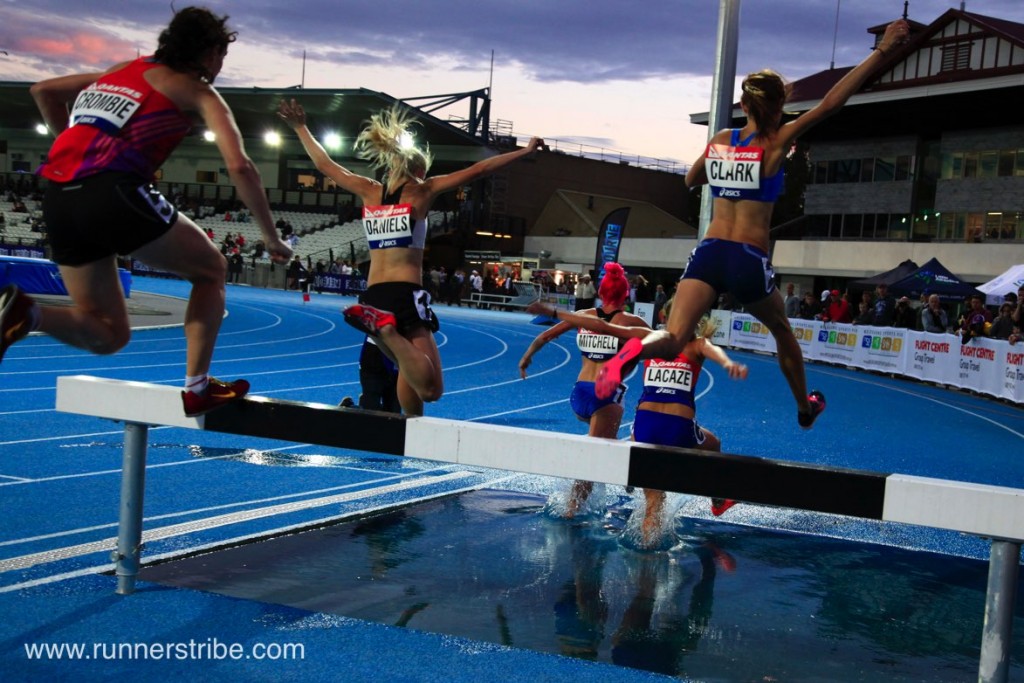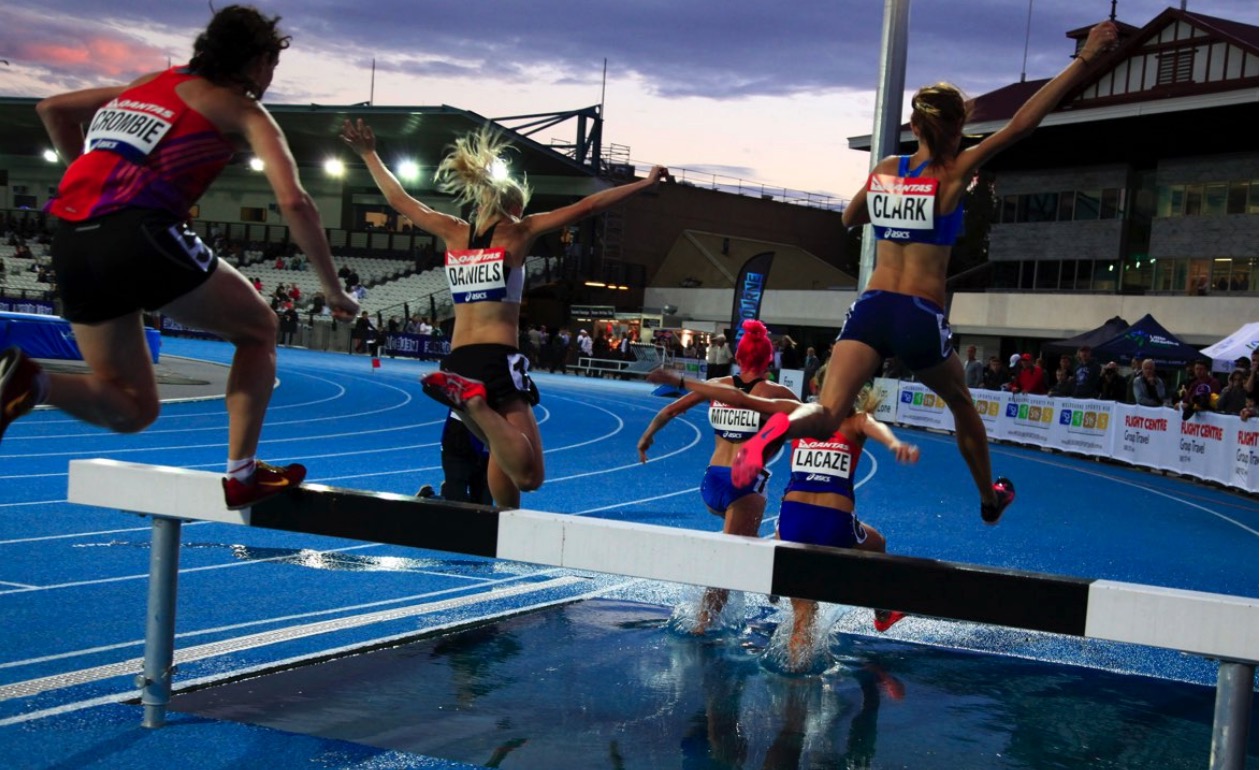Written by Amity Delaney – Runner’s Tribe
Runners go through cycles in their training and racing. Sometimes, running feels like the most effortless thing in the world; and this is reflected in results from racing and training. However, other times running seems extraordinarily difficult, and motivation stoops to a low. This is a phenomenon referred to as runner’s burn out. Experiencing a burn out can have a profoundly negative impact on an athlete’s physical running performance, and also their mental health and motivation. As such, it is not a situation athletes want to find themselves in. Here are some ways in which runners can avoid burning out.

Accept that not every workout/race will be perfect
All runners develop training plans in accordance to a goal they are working towards, whether it be a particular race, or aiming towards a pb. While this is important to achieve success, placing too much pressure on oneself to achieve a goal, and following a strict training plan can increase stress levels and contribute to burn out. Take a step back and realise that not every single workout or race will be perfect. Working towards a goal involves both steps back and forward on your way to that new pb. Accepting that there will be training sessions and races that are not perfect will allow you to decrease your stress levels and reduce the chance of burn out. This will help you to be able to achieve your running goals in the long run.

Cross Training
Another way to avoid runners burn out is to participate in other types of training besides running. There are several different types of activities that runners can take part in which will benefit their training. For example, cycling and swimming are both good forms of cardio that utilise different muscles and help enhance performance. Additionally, strength workouts at the gym, and also yoga can help increase a runner’s strength and flexibility. Participating in activities besides running can help alleviate boredom and break up a routine, reducing the chance of burn out. Also, doing exercise that does not place the same pressure on muscles and bones as running does, can help to reduce fatigue and muscle soreness, allowing runners to feel fresher.

Run with other people
A lot of runners (including myself) enjoy running on their own. While there are benefits to solo running, including clearing your head and being able to focus on going at your own pace, running with a partner or a squad can help to reduce burn out. For slower paced runs, chatting with a friend or group whilst running can help make the time go faster and alleviate boredom. Also, having an encouraging and supporting group around you while you run can help improve motivation and make running more enjoyable, reducing the possibility of burning out.

Mix up your running
Many runners often repeat the same runs and workouts, on the same routes, and at the same times. This can become monotonous and tedious, increasing the chance of burnout. Changing the location and route of your run switches things up and helps decrease the monotony of running. Try running at a different time of day; if you usually run in the morning try running at night, and vice versa. Also, listening to music during runs can help distract you from the repetitive nature of running, helping to reduce the possibility of burn out.

Take time off running
Most runners hate the idea of taking time off running because they fear it will negatively affect their performance in the long run. While extended time off running may make runners slow in the short-term, in the longer term it may help to increase motivation. Taking a break from running, whether it is a day, a week or a few months, can help runners get out of the rut they are in, and allow them to be reminded of how much they love running and why they do it. Taking time off running helps to reduce both physical and mental fatigue, allowing runners to return to training feeling more energised and committed.
Finally, it is important to remember that burning out happens to all runners at some point in their lives. Even though running can be enjoyable and rewarding, it can also become tedious and disheartening. When experiencing a burn out, just remember that it won’t last forever, and soon you will be back to running effortlessly.
Research:
https://www.runtothefinish.com/12-ways-to-avoid-marathon-training-burnout/
https://www.active.com/running/articles/4-rules-to-avoid-runner-burnout?page=1
















Great tips!